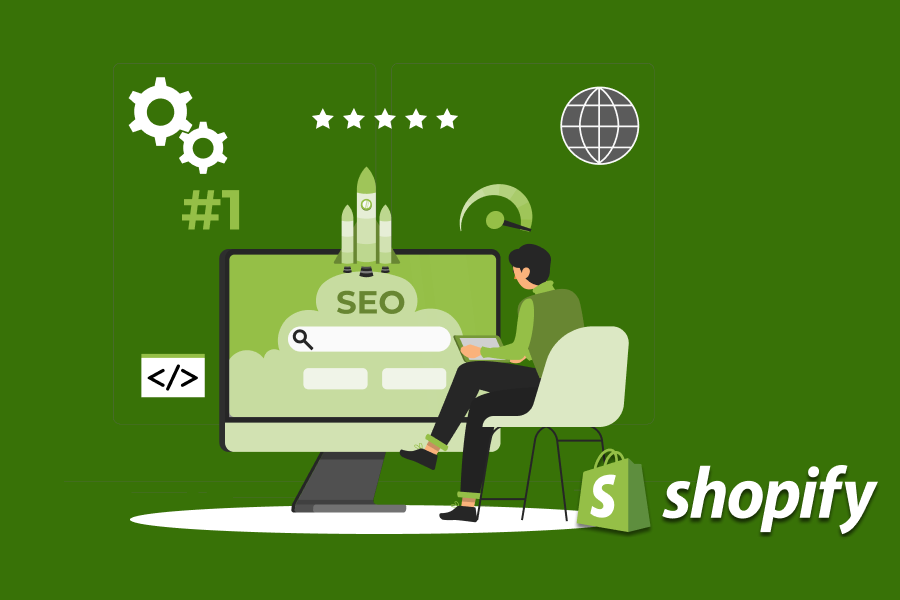Technology has swiftly swept itself in the functioning of all industries, health care is no exception to it. Technology-enabled care systems are the rave right now all over the world. This change is long overdue in health care, and it has significantly accelerated in the past couple of months. With the considerable developments in other industries and walks of life consumer expectations from health care is only increasing every day. Prices are skyrocketing, and the public is availing more technologically advanced medical services on a regular basis. The new data-driven technology is spurring automation and digitalization across the healthcare industry.
Why you must not think twice before introducing digital advancement in health care?
The introduction of digitalization in the healthcare industry has enabled health care professionals and patients to access data more easily and there has been a considerable improvement in the quality and outcomes in health care. Integrating technology in the healthcare industry has allowed the industry to flourish in a time when the demand for health care services continues to increase. It has made it possible to provide consumers with cost-effective solutions in such trying times. The rising cost of multiple advanced medical treatments has constrained health care budgets. It is indeed the need of the hour for wide-scale adoption of digitalization in the health care sector for sustaining the future of the healthcare industry.
Digitalization has opened up the door of opportunity in the health care sector. With the growing population of tablet and smartphone users across the world, it has enabled patients to access their medical data from any corner of the world, even among older age group health care apps are a buzz now. Health care apps and wearables devices are popular and widely used and provide easy access to real-time health care data whenever one needs it. However, there are still various challenges that the health care sector is facing when it comes to deployment of digitalization in the industry. Concerns about privacy, security, reliability, quality and data overloads are widespread. But with the slow and steady integration of digital strategies in the healthcare industry, the health care professionals and patients seem to have embraced the technological advancements in the health care sector.
How will technological advancement influence the future of health care:
Integration of technology in the various aspects of health care has already introduced many benefits in the functioning of this industry. Technology has the power to improve access to health care data especially for people with mobility issues. Here are the various other ways that we think introducing technology in health care will influence the future of how we will perceive the health care system:
Artificial Intelligence:
Introducing artificial intelligence has made it easy to work with a massive bulk of information. The rapid advancements introduced in cloud computing, analytics, and machine learning has given us the ability to look at data storage in different ways and enabled us to process more data than ever before. Artificial Intelligence enables us to make a swift shift through, and process the mountains of data to gain new insights that can easily identify health risks and diseases, and manage significant costs by helping patients avoid hospitals. Speeding up the drug discovery process and reducing waste are few other applications that we can expect to be introduced in the health care sector when moving forward with digital advancements.
3D printing:
3D printing is sure to revolutionize the way health care professionals think about various medical possibilities. From instrumentations to implants and prosthetics this is sure to change the landscape in the healthcare industry. 3D printing has the potential to completely change the game of how we see medical possibilities as we further refine the process.
Patient Access Solutions:
Billing has always been a bane for the healthcare industry. It is long, frustrating, and stirs up a lot of confusion in the entire medical care process. Miscommunications and people not paying are two sides of the coin that no one can avoid. Patient Access solutions make the entire process a cakewalk and much easier. It also helps in making the audit process simpler and comprehensive.
Nanorobots:
The potential of nanotechnology is vast and it will be working in reality before we know it. Many companies across the globe have successfully created and used nanorobots to deliver drugs for softening clogged arteries and drilling through blocked passages. This technology is sure to have a wide range of applications in the healthcare industry. It is controlled by an MRI machine, however, it is still a long way to go before we start introducing this technology in the everyday business.
Predictive Diagnosis:
Key advancements in the field like proteomics, genomics, and cytomics are making it easier for healthcare professionals to predict health problems before it happens. Predictive diagnosis combines the information about particular risks associated with patients’ health with other pieces of information like environmental factors and ageing curves. This can help in significantly reducing negative impacts and preventing diseases and other health risks which improves the quality of the patients’ life and cuts down on costs.
Internet of Things:
Wearable medical devices are already collecting a lot of data about patients’ health, but this technology has much more progress in store going forward. The internet of things can automatically transfer data to hospital equipment like respiratory and heart monitors, directly to a patient’s electronic monitored report. This saves time as health care professionals do not require to manually feed the stats but most importantly it cuts down the chances of human errors.
The internet of things can seamlessly integrate data that comes from multiple sources and keep it in one place that will enable health care professionals to see the big picture and take actions faster. Other applications can be introduced that will ensure that the patient is receiving quality care outside the clinic with RFID labels in prescription drugs that will help the patient stick to the prescribed routine.
Remote Patient Monitoring and Telemedicine:
Having to see the doctor for routine check-ups is sure to burn a hole in the pocket. Not in terms of copay solely, it also takes a lot of time to get to the doctors and sometimes scheduling an appointment may jumble up your day’s schedule. Telemedicine has been introduced in the health care sector to help monitor patients’ health remotely. It has been in place for many years and with uninterrupted internet service and streaming videos this facility is sure to boom and people will ultimately grow comfortable with it. For healthcare service providers it means they can accommodate more patients.
Patient Portals:
Knowing a patient’s history is of key importance for providing quality health care service. However, the patient sometimes can be the biggest obstacle when knowing about their history. Having the entire medical history and information of a patient uploaded in a portal will make it easier for healthcare professionals to pull out information whenever they need it. This will also ensure that they are delivering quality healthcare service.
E-Prescribing:
Electronically filling in prescriptions is one the rise, and all for good reasons. It speeds up the process of medication reconciliation, cuts down on errors, alerts health care professionals about patient allergies and bad reactions to certain drugs, and improves adherence.
Blockchains:
PHI and health records are central to compliance for healthcare professionals and are a major source of anxiety for IT health care professionals who are tasked with security. The two key components of blockchain technology
- The public transaction log that cannot be altered or change
- The encrypted data that it protects
Is sure to improve patient health by relating patients to their data and not their identity.
Chatbots:
Chatbots are the best way to improve communication between patients and health care professionals. It makes the interaction more personal and it is easy to set up. Chatbots also decrease the load off professionals who have to pick up the phone and answer routine questions.
Cognitive Technology:
Cognitive technology increases the leverage of digitized records and advances in artificial intelligence to process massive amounts of data, identify new patterns that may help predict health problems and disease.
What should be done right now?
The technological advances are changing how we see the future of the healthcare industry. However, there are a few things that are of key importance and we must focus on. We must look at how our data is stored, and we can integrate new tools in the healthcare system to learn more from it. We must connect devices that will enable us to coordinate care better. Using digital resources to help us make diagnoses more accurate. And last but not the least, leverage AI to spot trouble and analyze data.
Looking for an upgrade?
SoftGrid Computers is the one-stop solution to all your IT requirements. We are pioneers at building IT infrastructure for various industries and our robust, scalable, and flexible enterprise applications are tailored made according to your requirements. We understand that it is vital for organizations to have a solid IT infrastructure and we provide you with just that and remediation solutions for infrastructure resources and business applications. If you wish to upgrade the IT infrastructure and integrate technological advancements for seamless functioning of your organization we assure future-proof technology installations and 24/7 support.

 Web and Full Stack
Web and Full Stack CMS and Frameworks
CMS and Frameworks Online Marketing
Online Marketing Cloud Services
Cloud Services ECommerce
ECommerce Mobile
Mobile



